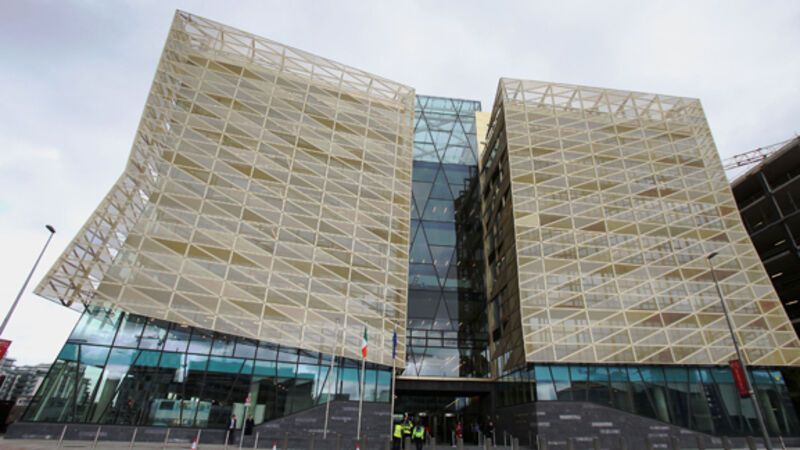Central Bank urges grip on public spending

The Central Bank has urged the next government to keep a firm grip on public spending and reduce public sector debt.
The regulator has also said it does not want to be given the powers to regulate mortgage costs and force banks to reduce mortgage borrowing rates.
















